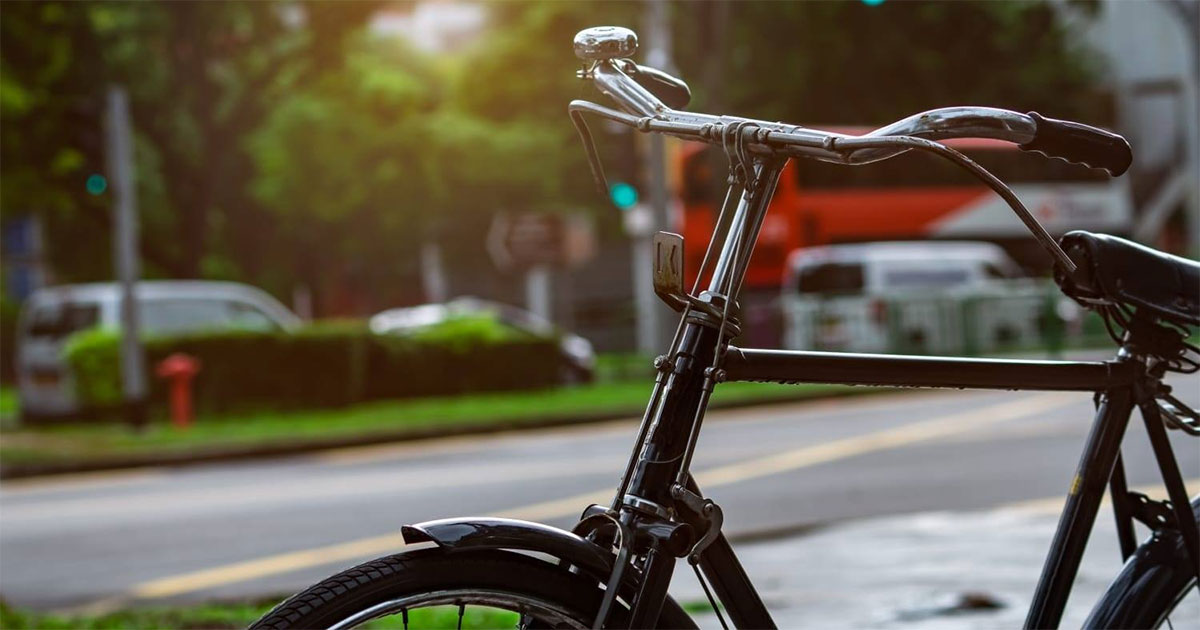All bicycles must have brakes installed if they are to be used on public paths and roads, the Ministry of Transport (MOT) said on Jan. 25, 2021.
This new rule was made after MOT accepted the recommendations put forth in December 2020 by the Active Mobility Advisory Panel as a matter of safety for all.
The panel looks into rules governing the use of bicycles, personal mobility devices and other equipment in Singapore.
MOT said the active mobility community, retailers and pedestrians had welcomed the recommendation, and details about the new rule will be announced “in due course".
Incident that sparked new rule
The pedals on a fixed-gear bicycle, also known as a fixie bike, are directly coupled with the wheels.
Cyclists who ride this sort of bicycles without handbrakes have to slow or stop the device by resisting the motion of the pedals with their legs.
But such bicycles can be dangerous for novice riders.
On Jan. 8, 2020, a 13-year-old girl lost control of her friend’s fixed-gear bicycle at a Pasir Ris multi-storey car park and was flung off the device, falling six floors to her death.
The panel proposed in its report submitted to MOT that all fixed-gear bicycles be fitted with at least one handbrake when used on paths and roads.
Exceptions made
However, exceptions can be made if the bicycles are not used on public roads and paths.
The panel said off-road BMX (bicycle motocross) bikes, for example, may continue to be used without brakes in controlled environments, including pump tracks and skate parks, as these are used for racing and stunt riding.
Fixie bikes without brakes can continued to be used as long as they are not utilised on public paths and roads.
Insurance mandatory for commercial users of active mobility devices
Singapore has already implemented insurance for certain segments of active mobility device users, particularly those who use it for work.
Those who ride active mobility devices for businesses or for commercial reasons, such as food delivery riders, must be covered by third-party liability insurance starting from December 2020.
This allows victims in accidents to file claims for damages.
There could be an expansion of coverage depending on how cost-effective insurance products become.
The panel emphasised the need to engage the insurance industry to develop more affordable third-party liability insurance products for non-commercial riders, following the tracking of the effectiveness of this compulsory measure of those who ride with commercial reasons.
Top photo viaIf you like what you read, follow us on Facebook, Instagram, Twitter and Telegram to get the latest updates.
